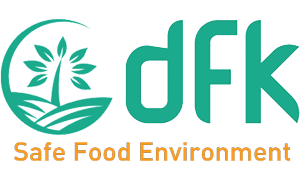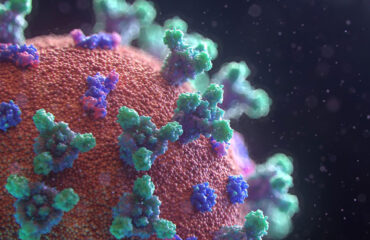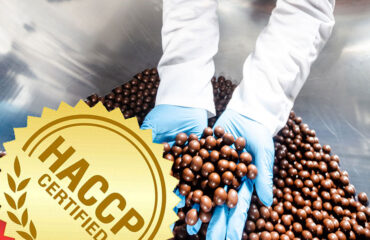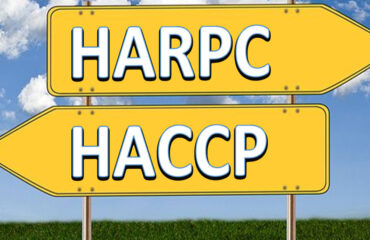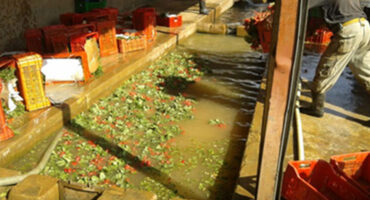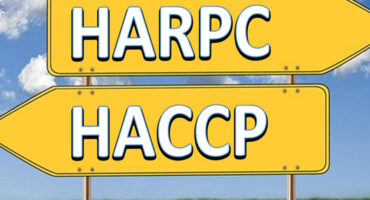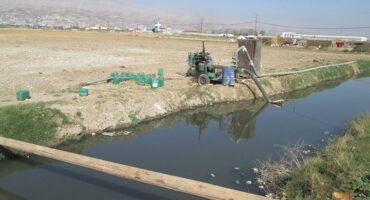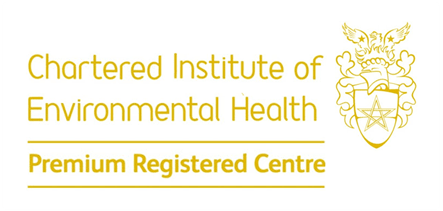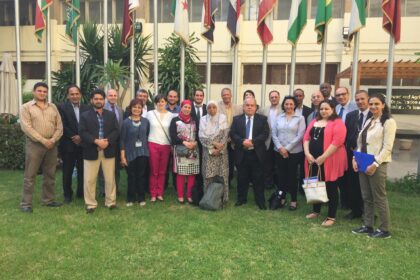
Cairo, Egypt, 31 May – 1 June 2016: The United Nations Economic and Social Commission for Western Asia (ESCWA), in cooperation with the Food and Agriculture Organization / Regional Office for the Near East and North Africa (FAO-RNE), organized an Expert Group Meeting on the Scope and Setting up of an Arab – Good Agricultural Practices (Arab – Gap) Framework, in Cairo during 31 May – 1 June 2016. The meeting brought together experts from government, non-government and private organizations with working experience in the areas of food quality and safety and good agricultural practices for improved food safety.
The meeting was held within the framework of a project financed by the Swedish International Development Cooperation Agency (Sida), a component of which aims at promoting the adoption and use of GAPs for a responsible, effective and efficient food value chain in the Arab region. The meeting provided a platform to enhance understanding of GAPs and their relation to food safety and quality issues; review existing national, regional and international experiences; and exchange views on a proposed Arab-GAP framework.
The meeting resulted in a set of conclusions on how an Arab-GAP framework could be structured, and what modalities need to be followed for its operationalization. Options were formulated on a way forward to promote the adoption of GAPs for improved food quality and safety in domestic food markets.
Dr. Dima Faour-Klingbeil, ESCWA food safety consultant under the project, presented a preliminary proposal for the Arab-GAP as a third party voluntary scheme. In terms of scope, it is proposed that the Arab-GAP would cover fresh produce, being the most potentially hazardous foods that have caused recent outbreaks globally. Dr. Faour-Klingbeil noted that food safety systems have evolved over the past years and that the number of certified producers worldwide is increasing. She went on to briefly present the Arab GAP guide prepared by the Arab Organization for Agricultural Development (AOAD) in 2007, and which builds on the GLOBALG.A.P. framework.
See the report here.
